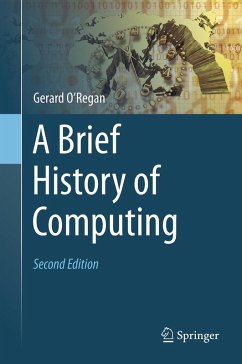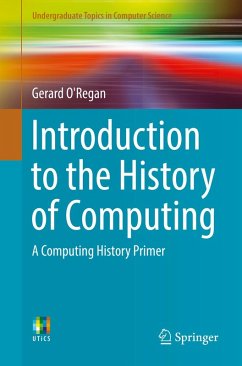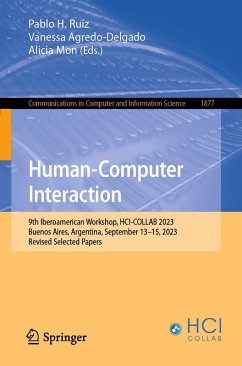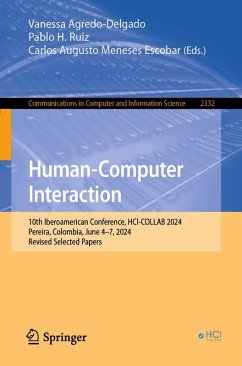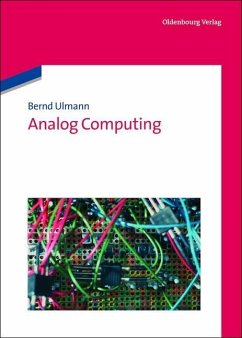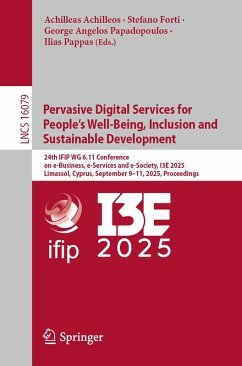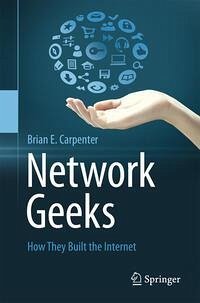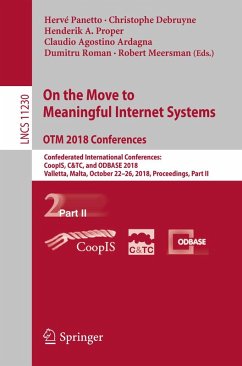
A Brief History of Computing (eBook, PDF)
Versandkostenfrei!
Sofort per Download lieferbar
40,95 €
inkl. MwSt.
Weitere Ausgaben:

PAYBACK Punkte
20 °P sammeln!
This lively and fascinating text traces the key developments in computation - from 3000 B.C. to the present day - in an easy-to-follow and concise manner. Topics and features: ideal for self-study, offering many pedagogical features such as chapter-opening key topics, chapter introductions and summaries, exercises, and a glossary; presents detailed information on major figures in computing, such as Boole, Babbage, Shannon, Turing, Zuse and Von Neumann; discusses the earliest computers developed in the United States, Germany and Britain; discusses the development of the IBM 360 family of comput...
This lively and fascinating text traces the key developments in computation - from 3000 B.C. to the present day - in an easy-to-follow and concise manner. Topics and features: ideal for self-study, offering many pedagogical features such as chapter-opening key topics, chapter introductions and summaries, exercises, and a glossary; presents detailed information on major figures in computing, such as Boole, Babbage, Shannon, Turing, Zuse and Von Neumann; discusses the earliest computers developed in the United States, Germany and Britain; discusses the development of the IBM 360 family of computers and its importance; discusses the invention of the transistor and integrated circuit; discusses the birth of the software industry and the evolution of human-computer interaction; reviews the history of programming languages, operating systems and software engineering; discusses the progress of artificial intelligence; discusses the invention of the microprocessor and the development of home and personal computers; examines the impact on society of the introduction of the personal computer, the World Wide Web, and the development of mobile phone technology; discusses smart phones and social media and the challenge of fake news; reviews a miscellany of innovations in the computing field such as cloud computing, the Internet of Things, and Quantum Computing; discusses legal aspects of computing and the professional responsibilities of computer professionals.
Dieser Download kann aus rechtlichen Gründen nur mit Rechnungsadresse in A, B, BG, CY, CZ, D, DK, EW, E, FIN, F, GR, HR, H, IRL, I, LT, L, LR, M, NL, PL, P, R, S, SLO, SK ausgeliefert werden.




